Integrating renewable energy and digital infrastructure: Pioneering the next generation
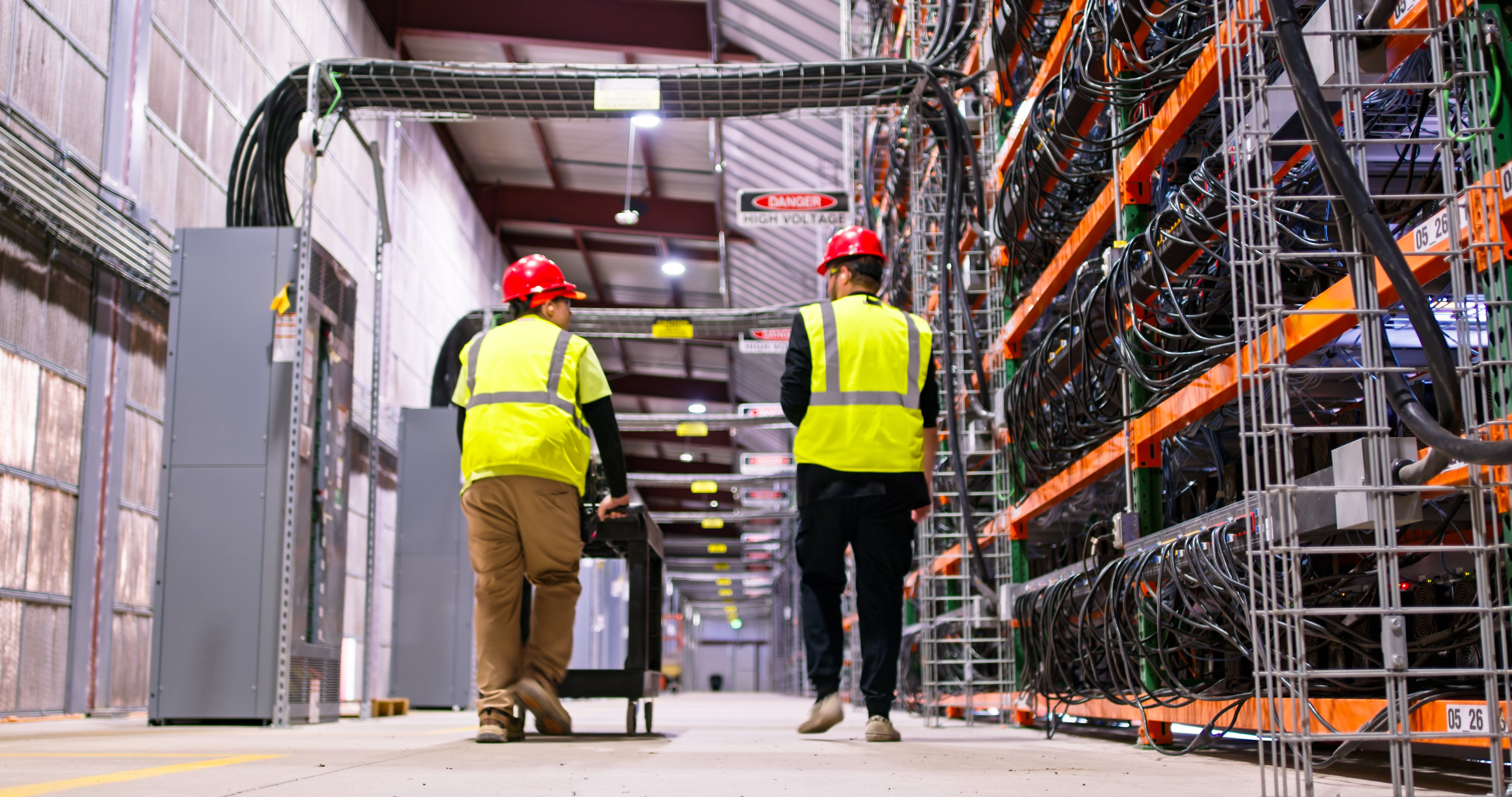
Key takeaways |
|
An increase in energy demand will characterise the infrastructure landscape over the coming decades, creating unique challenges and significant opportunities. |
|
Data centres are critical to the digital economy and require large amounts of electricity. Some are approaching renewable energy generators to build new centres on existing renewable sites. |
|
Energy operators are increasingly able to enhance energy efficiency and power reliability for data centres by integrating multiple renewable energy sources at the same grid connection point. |
Introduction
The outlook for energy demand, particularly electricity, is increasing at a rate not seen in decades.
This increase in demand will characterise the energy infrastructure landscape over the coming decades, creating unique challenges and significant opportunities. Key drivers of this growth include the digital economy—particularly the rise of high-performance computing for AI training and inference—the electrification of heating and transportation, industrial decarbonisation, and the resurgence of manufacturing through nearshoring and reshoring. The primary driver of rising electricity demand is the convergence of energy and digital infrastructure in the private sector, rather than by government policy which has become more uncertain globally.
To satisfy this growing demand, lower-emitting conventional energy, such as nuclear and natural gas, will continue to play prominent roles. However, the next generation of energy—cleaner, abundant renewable energy such as wind, solar, battery storage and bio-fuels—is leading the way into the future.
The convergence of energy & digital infrastructure
The digital economy, powered by data centres and fibre networks, is set to be a key driver of energy demand in the coming years. The digital economy fosters innovation, boosts productivity, and enhances global connectivity, enabling businesses to access broader markets and manage resources efficiently, thus promoting economic growth and creating new opportunities.
Data centres, which require large and stable amounts of electricity, are critical to enabling the growth and innovation in the digital economy. Perpetual growth in new digital content and services, including areas such as AI, significant investment in both data centres and electricity infrastructure to support the large power needs.
Driven by this symbiotic relationship, we expect a rapid convergence between renewable power generation, energy storage and digital infrastructure to meet the surging power demand, while simultaneously addressing the growing net zero objectives of data centre operators. Rapid technological development in both energy and digital infrastructure will assist in driving the dependency between sectors. For example, advancements in AI and machine learning capabilities are enabling data centre operators to optimise their energy usage, and thus enhance the overall efficiency of operations.
For more, please read the full paper, Integrating renewable energy and digital infrastructure: Pioneering the next generation.
This article is part of IFM Investors’ 2025 Infrastructure Horizons trends report.
Meet the authors
Related articles
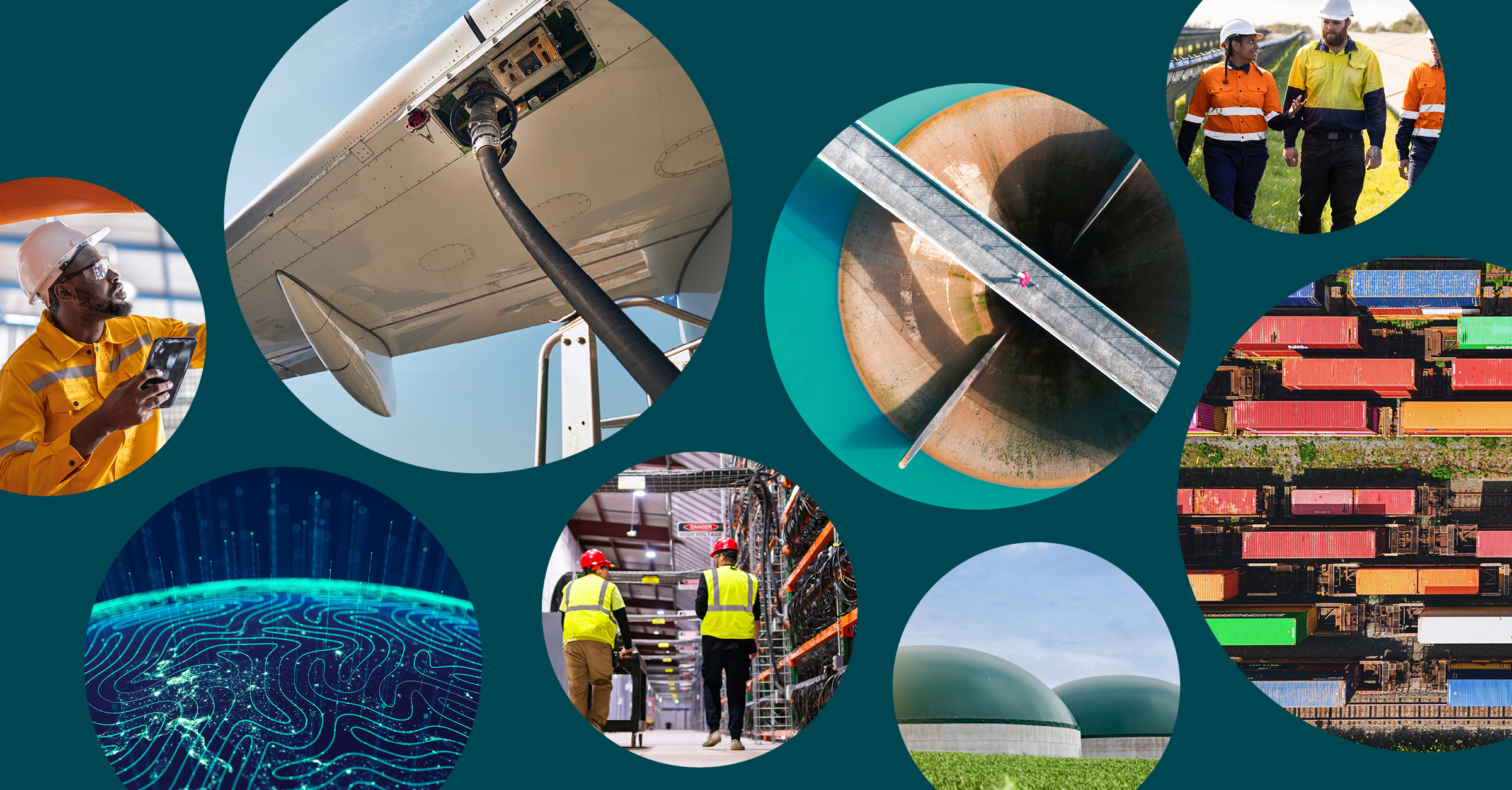
Infrastructure Horizons 2025: How emerging trends in infrastructure will change the world

Deglobalisation’s impact on infrastructure
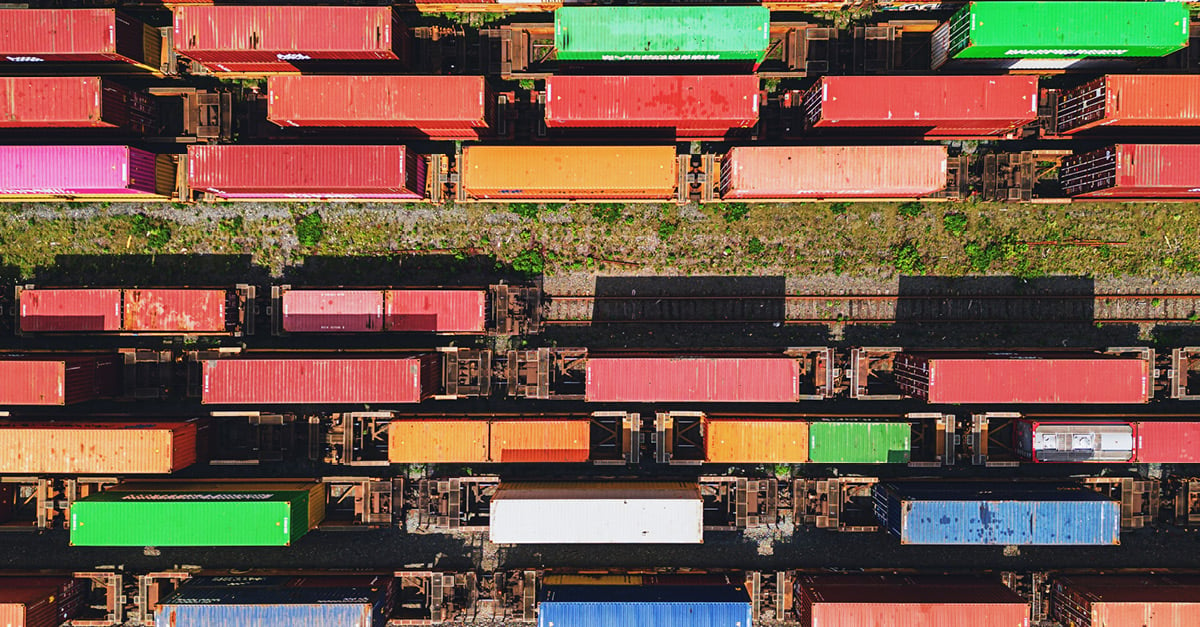
Expanding horizons: Infrastructure’s maturing as an asset class demands fresh thinking

Flying into the future: Shifting to sustainable aviation fuel sources
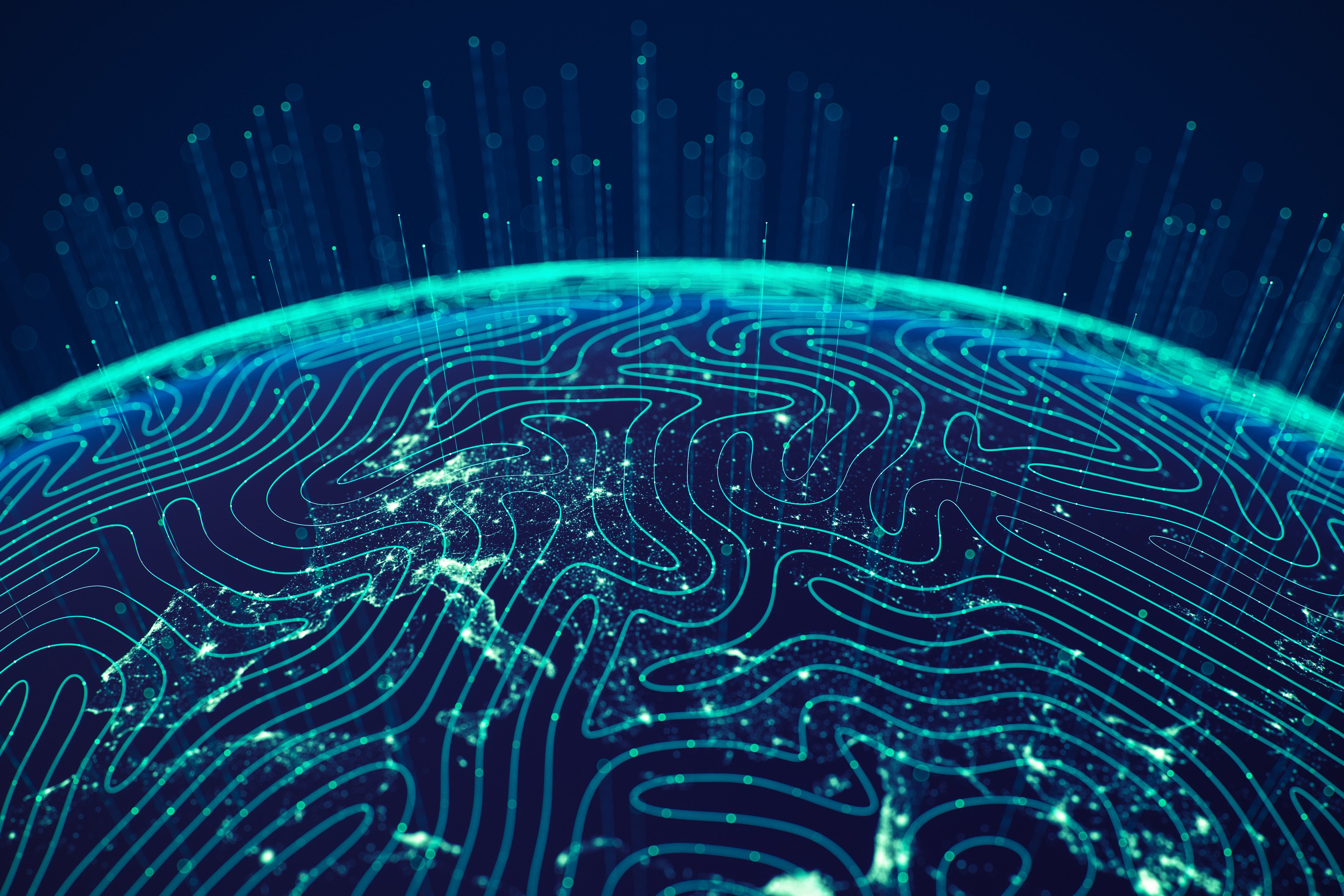
AI at a crossroads: How AI is reshaping infrastructure
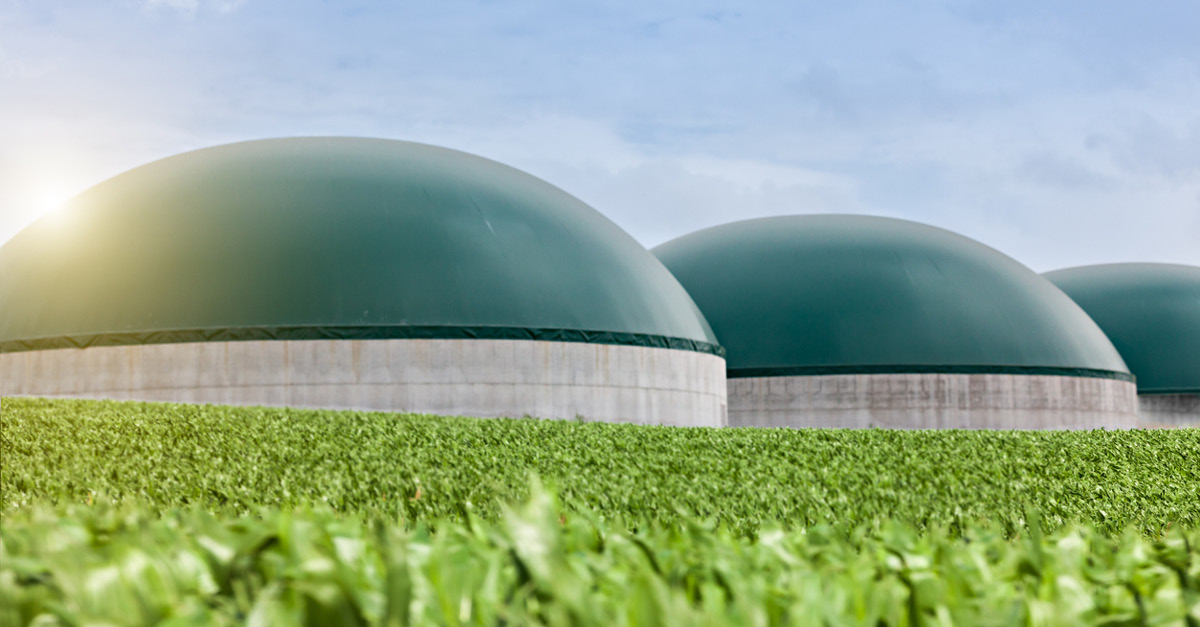
Gas into gold: The waste-to-energy opportunity
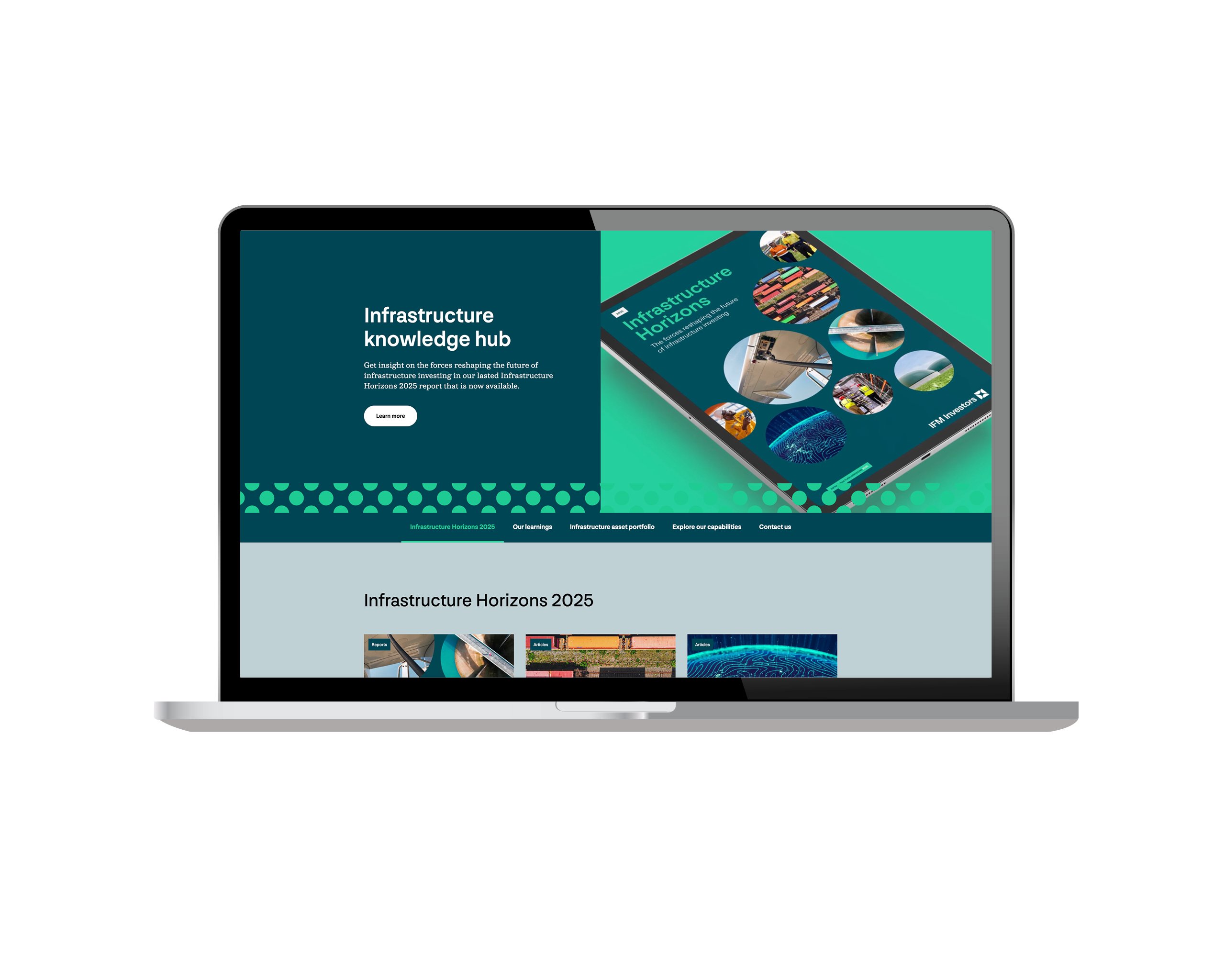
Infrastructure knowledge hub
Infrastructure is increasingly on investors’ minds. Our 2025 Infrastructure Horizons report comes as investors are looking at new opportunities in growing areas like artificial intelligence, data centres, renewable natural gas, sustainable aviation fuel and the energy transition, as the asset class continues to mature. Read more in our full report on our Infrastructure knowledge hub.






